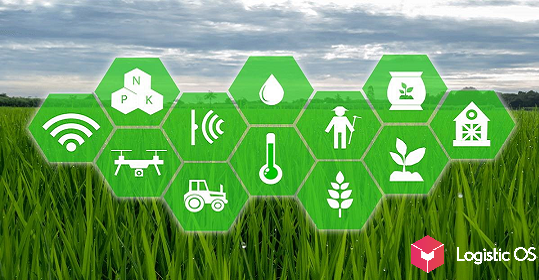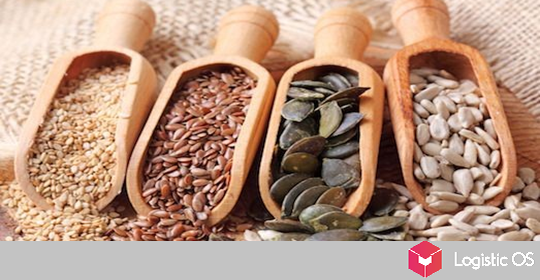The share of our country in the world production of fertilizers accounts for 13%.
Structural adjustment of the economy, which is becoming necessary for Russian companies under sanctions, may be difficult for fertilizer producers.
This is due to the plans of the Russian government to introduce duties on the export of their products. If this really happens, then manufacturers simply may not have the funds to invest in their development.
At the same time, there is no exact official information that duties will be introduced yet. But Kommersant claims that his sources say that such plans are already being actively developed at the initiative of the Ministry of Finance.
100 billion rubles are not superfluous
This is how much the same duty can bring if it is imposed on fertilizer producers.
At the moment, there are discussions about what kind of fertilizers to impose a duty — for example, nitrogen, complex, or in general.
As Boris Sinitsyn, head of the analytical department of Renaissance Capital, notes, if the duty worked in 2021, it could take up to 11% of revenue from fertilizer producers.
In 2022, this value would be about 8-9%, taking into account extremely high prices. But if they return to their average long-term values, then we can talk about 20% of net profit.
However, the amount of the fee and the formula by which it will be calculated have not yet been established either. According to all the same sources of Kommersant, the Ministry of Finance should deal with this issue.
Won’t profitability suffer?
Market participants have not yet expressed their opinion on this matter, but we can refer to the example of Russian metallurgists.
They have already been experimented with in a similar way: from August 1 to December 31, 2021, export duties on their products were introduced, but ended up with many companies, including advanced ones, turning negative profitability.
And this is before the imposition of sanctions, disruption of supply chains, unpredictable exchange rates, a significant increase in shipping costs and other “surprises” that came as a complete surprise to all Russian companies this year, fertilizer producers are no exception.
Will quotas be extended too?
Among other things, this year also introduced quotas for the export of fertilizers from the Russian Federation. This happened back in the spring, then the quotas were extended until December 31st.
As a result, the maximum volume of products available for export from the Russian Federation amounted to 8.3 million tons of nitrogen fertilizers, 5.9 million tons of complex fertilizers. At the same time, manufacturers have little doubt that all these measures will be extended to 2023.
If we add up the effect of quotas and duties, and even from sanctions, then we can confidently say that the restructuring of the economy for fertilizer producers will be a very difficult process.

